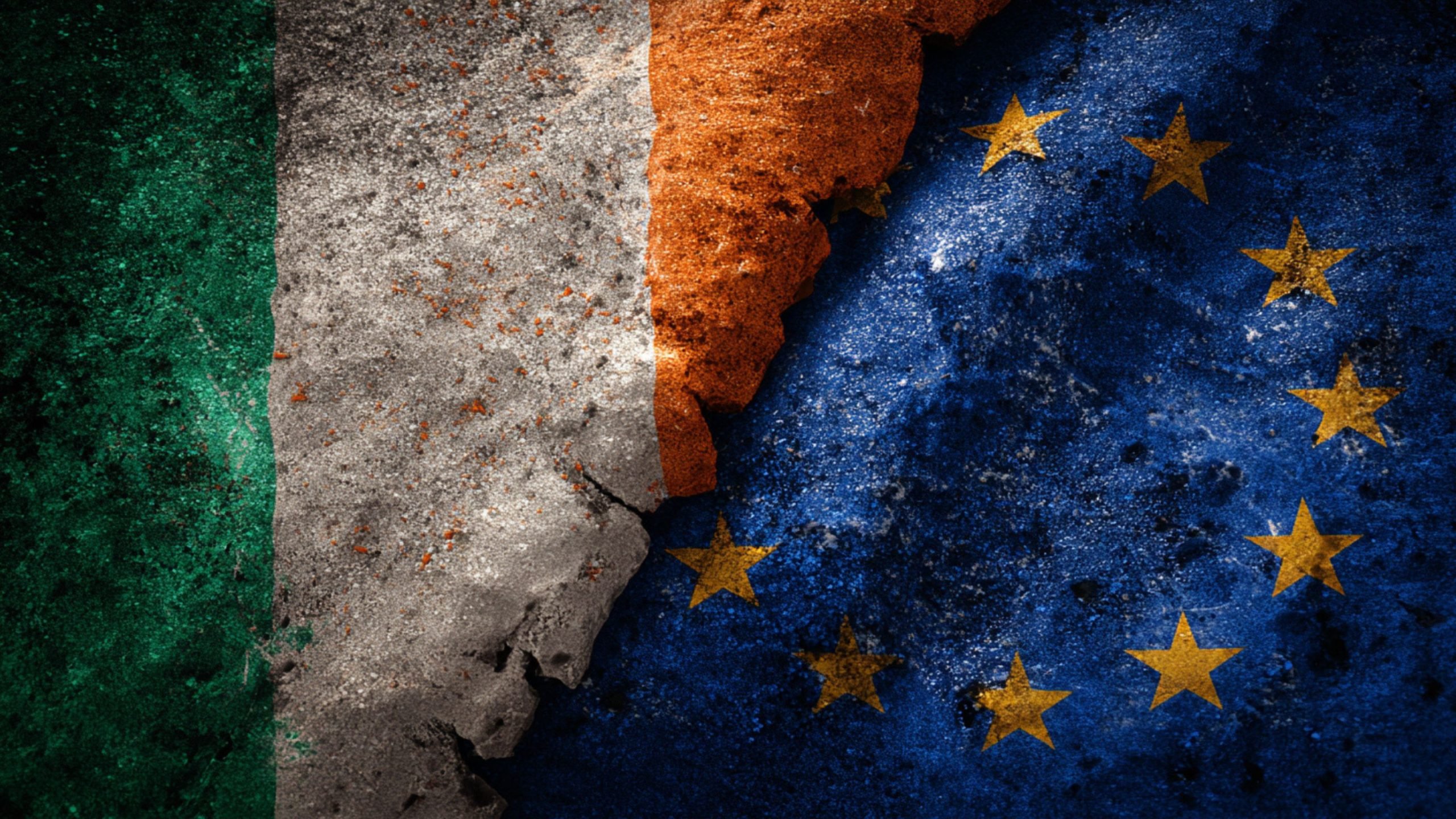Ireland is preparing to stand firm against European Union demands to implement hate speech laws, reaffirming its decision to abandon such legislation last year after widespread public opposition.
The proposed law, originally included in a broader Criminal Justice Bill, would have introduced prison sentences of up to five years for “incitement to hatred” based on protected characteristics. The government scrapped that section in September after Justice Minister Helen McEntee admitted there was no public consensus behind it.
Following Ireland’s withdrawal from the plan, the European Commission warned that the country could face legal action for failing to meet the bloc’s rules.
In a statement released in May, the Commission claimed Ireland had not fulfilled requirements to criminalize “public incitement to violence or hatred” as well as the “condoning, denial and gross trivialization” of the Holocaust and other international crimes.
Despite this, officials in Dublin say the country already complies with the relevant EU directives through existing laws. Citing unnamed sources within the government, The Times reported that Ireland intends to formally respond to Brussels this week.
One source stated, “We don’t believe the commission has given sufficient weight to Ireland’s existing common law on this or to our own existing legal framework.”
Another government official told the paper there are no plans to introduce new speech restrictions and said the legal defense against EU pressure is considered “solid.”
While Ireland has not adopted formal hate speech censorship legislation like many other EU countries, (though it came close) its courts do allow judges to treat racist or discriminatory motives as aggravating factors during sentencing. This aspect of Irish case law is expected to form part of the government’s argument that it already meets the spirit of EU standards.
The standoff has drawn attention beyond Europe. In the United States, officials aligned with the Trump administration have expressed support for Ireland’s position and raised concerns over what they view as growing authoritarianism in EU speech laws.










